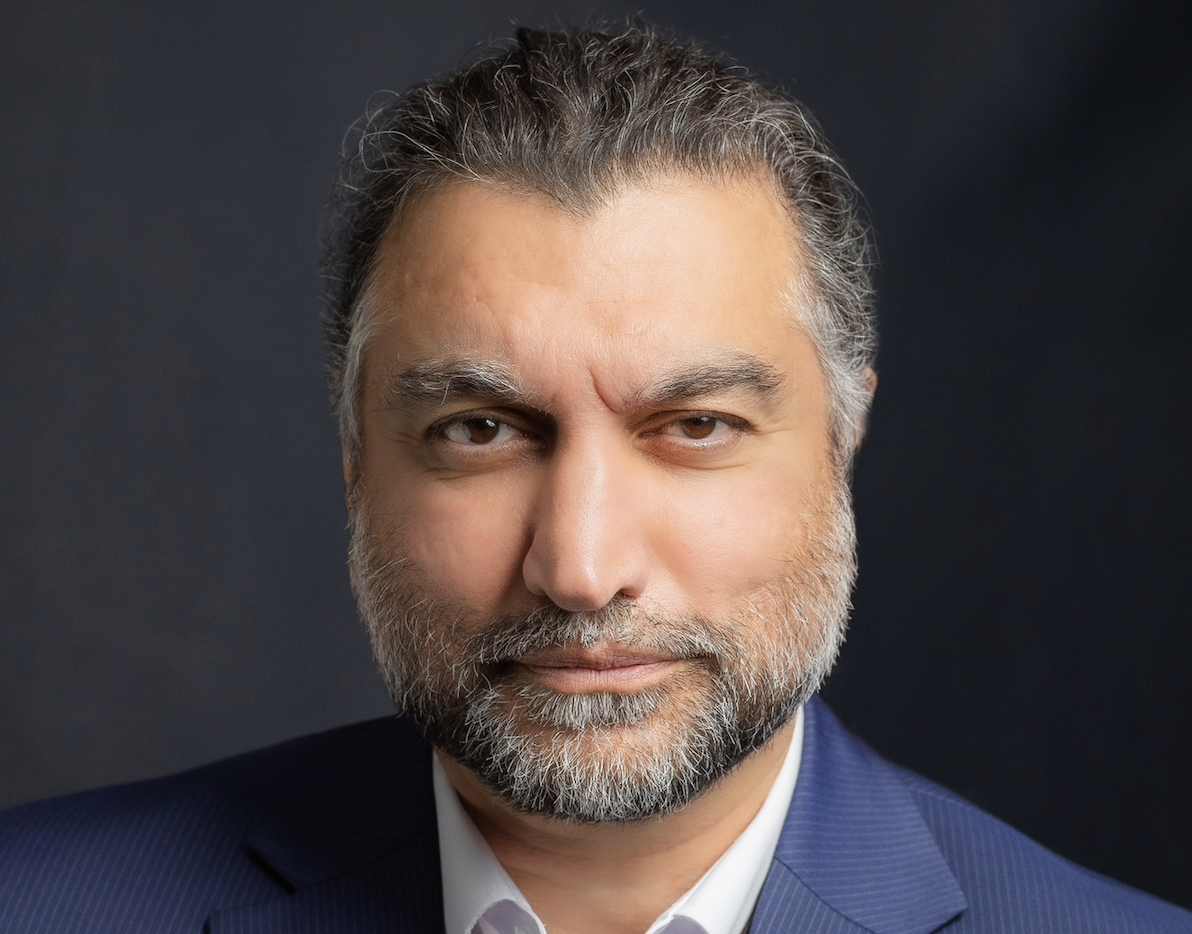Corsound AI, an Israeli startup, focuses on voice intelligence, including a unique capability known as voice-to-face technology. This technology automatically generates a facial sketch from just a few seconds of a voice sample and allows voice-to-face corrolation, enabling the matching between a voice and a face image even without a database. The company additionally offers advanced deepfake detection and other voice analysis solutions to its customers, which include financial institutions and law enforcement.
“We provide voice intelligence solutions to address security challenges and to stop fraud in real time while assuring a smooth customer experience,” says CEO Gal Haselkorn, who has more than 25 years of experience in sales and strategic business development in the high-tech sector. Academic research in 2019 at the U.S.’s Massachusetts Institute of Technology (MIT) established that there is a correlation between our voices and our faces. Every person has a unique voice print, just like his unique fingerprint. And every voice has a face.
This correlation enables identifying gender, age, ethnicity, skin tone, nose and jaw shape, and more, from just a voice sample. Corsound AI utilizes this correlation to generate a face sketch using its unique AI technology.
“With a high rate of accuracy, our technology can analyze short audio samples to determine the person behind the voice,” says Haselkorn. “There is a growing need by organizations for new methods of verification, especially in the era of AI voice-based scams. Traditional voice recognition methods and solutions are no longer sufficient. Organizations serving customers must implement additional layers of protection.”
Indeed, in May of last year U.S. Senator Sherrod Brown, Chairman of the Senate Banking, Housing, and Urban Affairs Committee, sent letters to six large banks that offer traditional voice authentication services, outlining concerns that AI generated voice clips can allow fraudulent actors to break into customers’ accounts.“Despite these breaches, financial institutions continue to market voice authentication as safe and reliable without identifying the risks customers should consider before opting into this service,” Brown wrote. He sent letters to JP Morgan Chase, Bank of America, Wells Fargo, Morgan Stanley, Charles Schwab and TD Bank.
It’s unquestionably getting harder to differentiate between what’s real and what may be an AI-generated deepfake. In a case that was widely reported last February, a finance worker at a multinational firm was tricked into paying out $25 million to fraudsters using deepfake technology to pose as the company’s chief financial officer in a video conference call. The elaborate scam involved the worker attending a video call with what he believed were several other staff members, all of whom were actually deepfake recreations.
In banking and finance, Corsound AI’s technology serves multiple use cases. It alerts call centers of voice deepfake attempts with high accuracy by using their detection tier. The technology also prevents voice fraud during digital on-boarding or authenticating by validating that the customer’s voice matches his or her face, thereby preventing identity theft during the initial sign-up process or authentication process while providing what the company says is “a secure, positive and seamless experience.”
In law enforcement, the company says its technology rapidly narrows suspect searches, alerts dispatchers to deepfake calls, strengthens security measures, and reduces risks of swatting and fraud. It also aids in detecting digital voice manipulation in real time and expediting investigations.
“The idea is to make voice intelligence technologies a standard, integral part of every commercial verification process, instantly identifying individuals pretending to be employees or customers, while providing a frictionless service for everyone else,” says Orel Agmon Halido, the company’s head of sales.
Corsound AI has several competitors in the voice verification industry, which is a crowded field. Players include Microsoft’s Nuance Gatekeeper, a biometric authentication and fraud prevention technology, and Pindrop, an American voice security company that provides risk scoring for phone calls. claim their approach to detecting voice deepfakes is done with accurate and unique methods using their unique intellectual property (IP).
The Israeli startup says its technology is more effective. “We provide solutions for voice-related challenges and strive to offer something unique,” says Haselkorn. “We combine two elements that have not been combined before – the voice and the face. While others claim a 99% success rate in deepfake detection, we believe our combined solution is much more efficient and causes less friction with customers. Ultimately, it prevents kinds of fraud that haven’t been detected by other methods until now.”
Corsound AI has raised $3.5 million from Canadian venture capital firm Awz Ventures and from the Israeli Innovation Authority and is currently in the process of closing a new funding round. Its technology is based on over 200 AI patents from Cortica , a leader in Autonomous AI.
Currently, the company’s focus is on the U.S., Western Europe and India. It won the ‘Best in Show’ award at FinovateEurope 2024 in April.
This article is content that would normally only be available to subscribers. Sign up for a four-week free trial to see what you have been missing.
To access more of The Innovator’s startup of the week articles click here.







